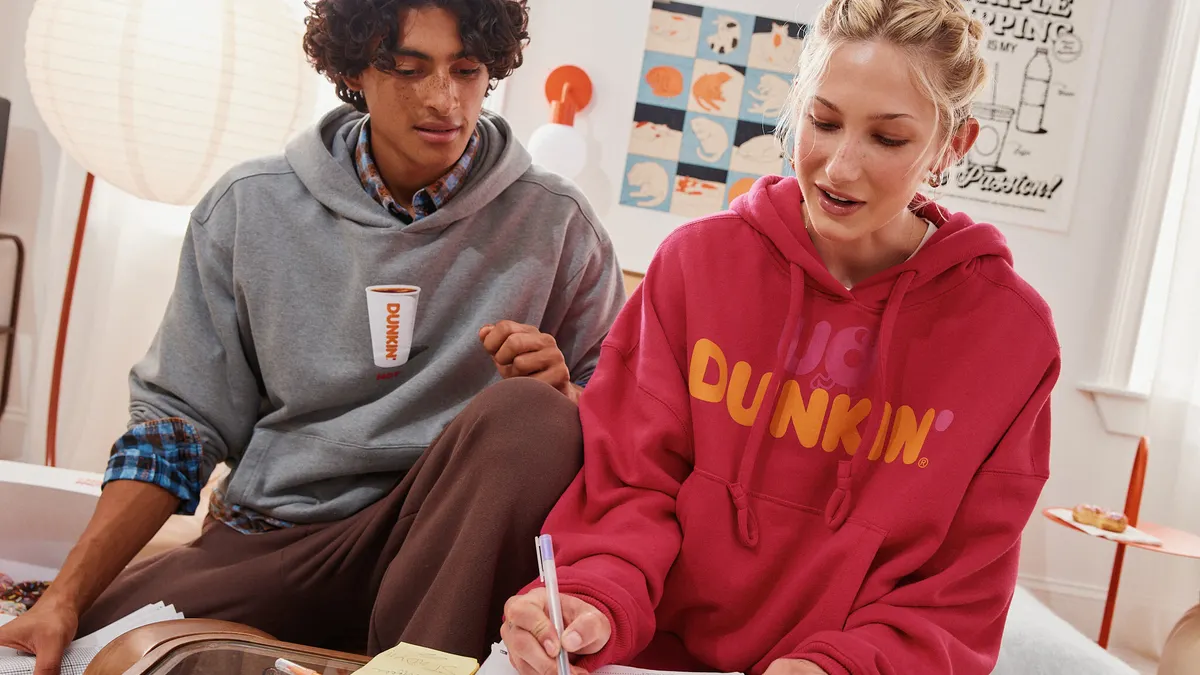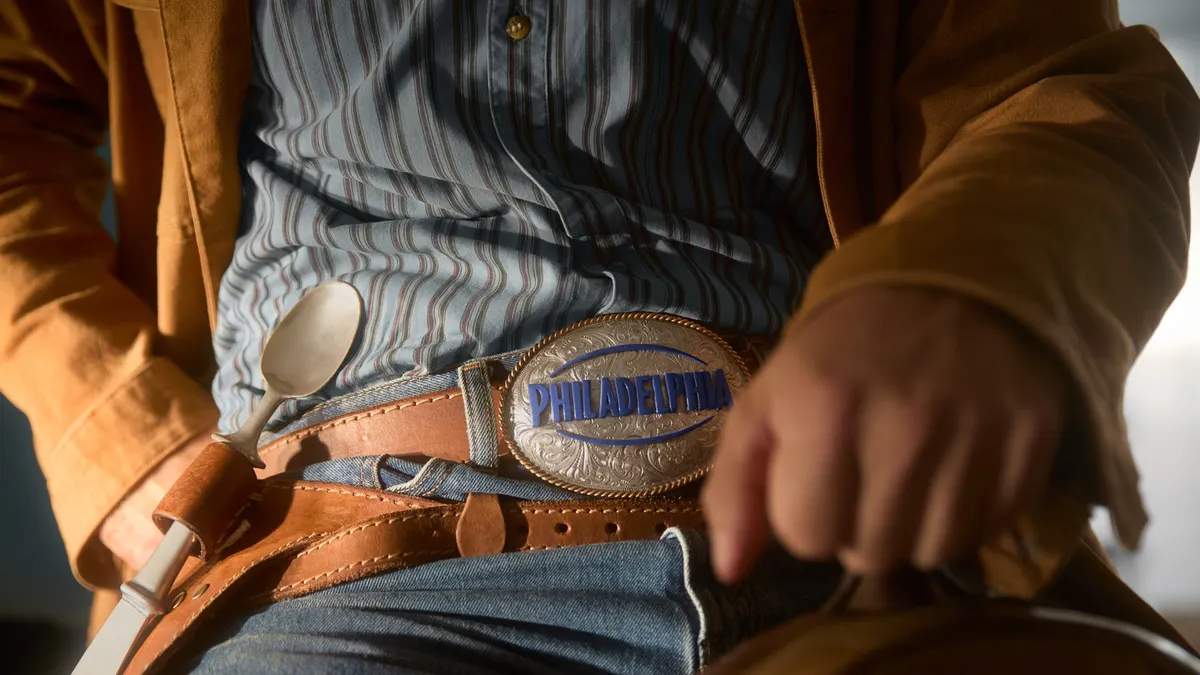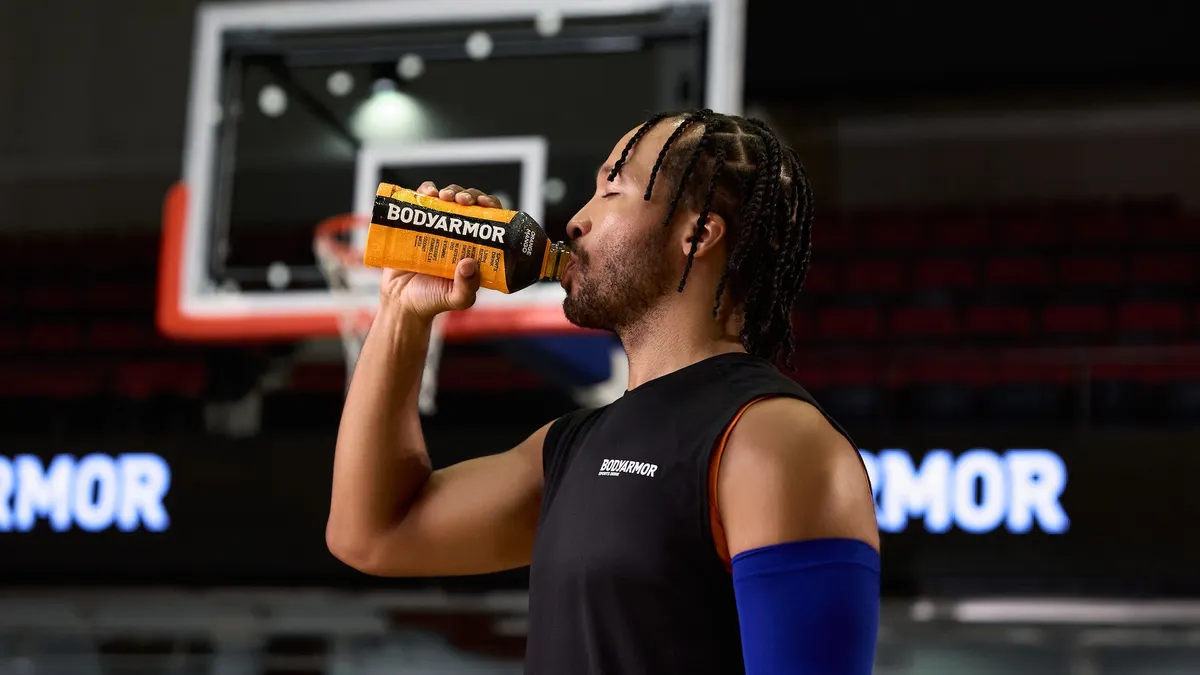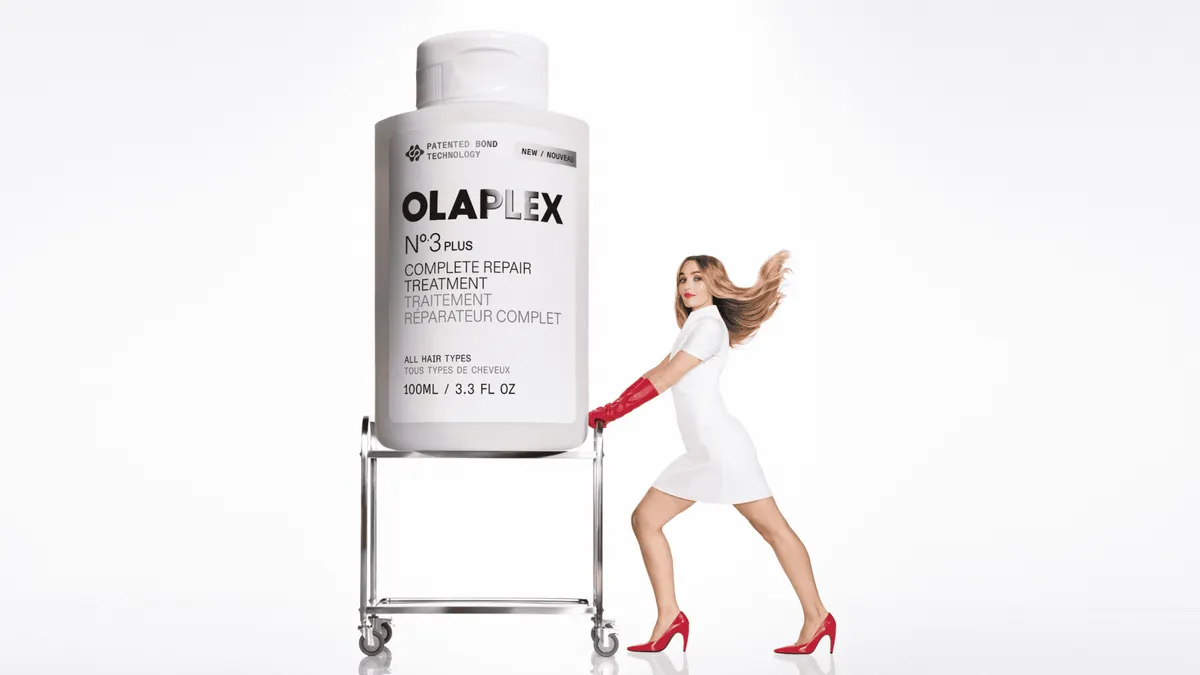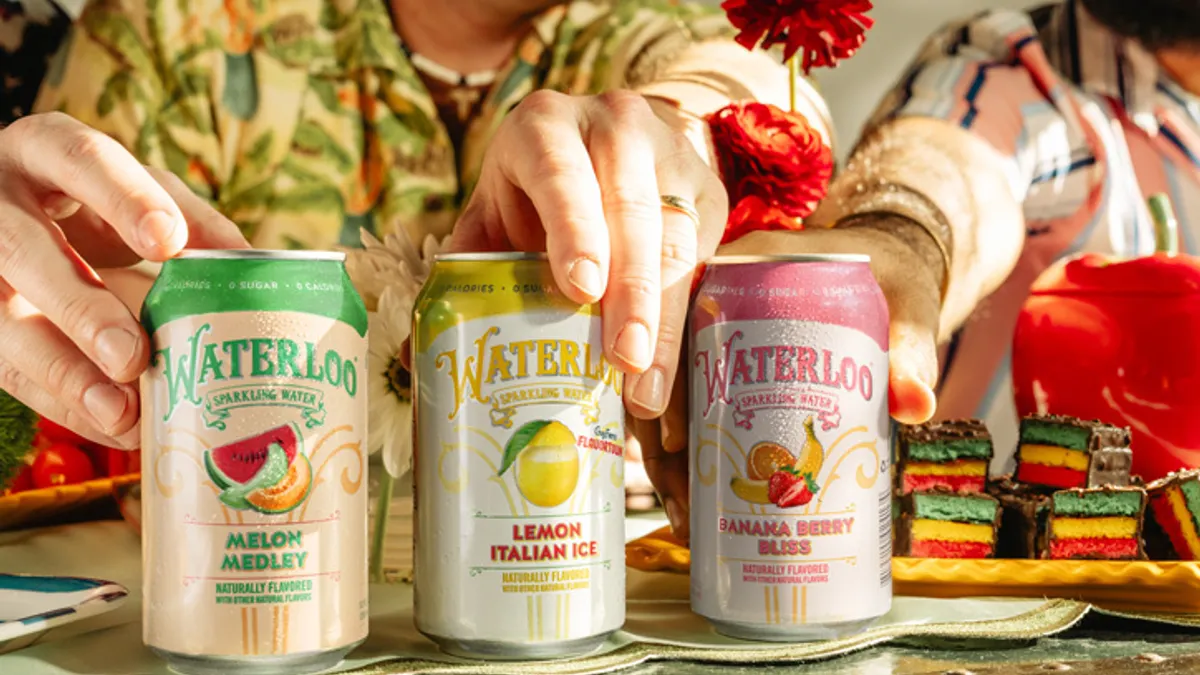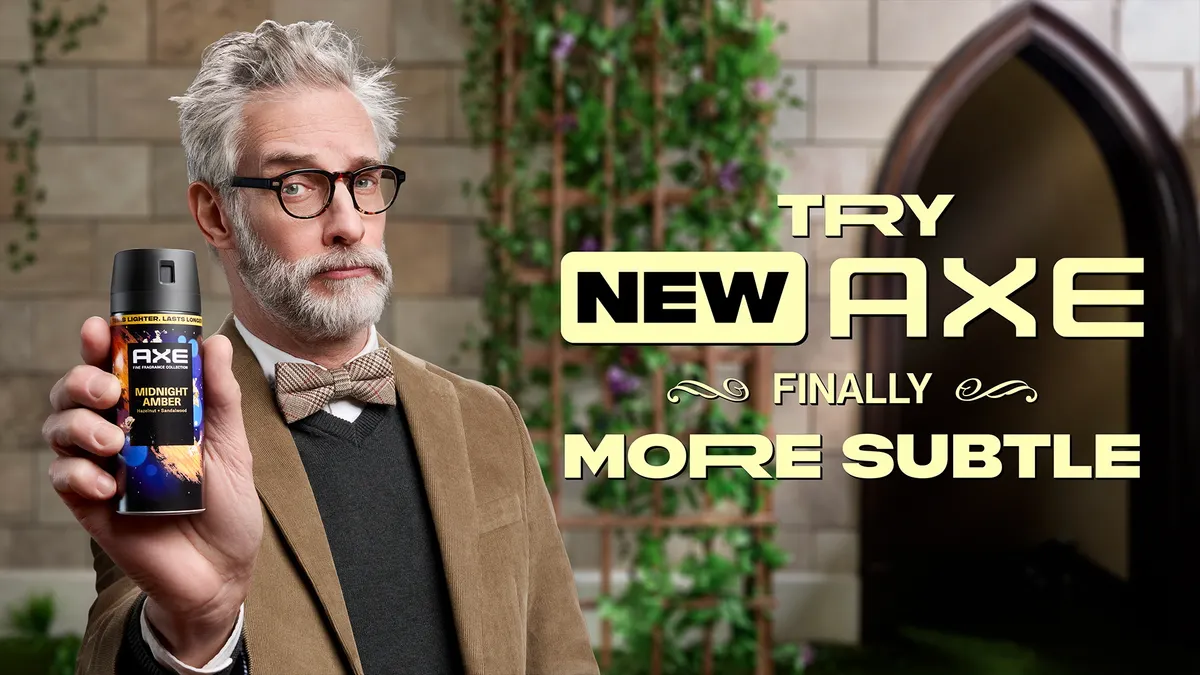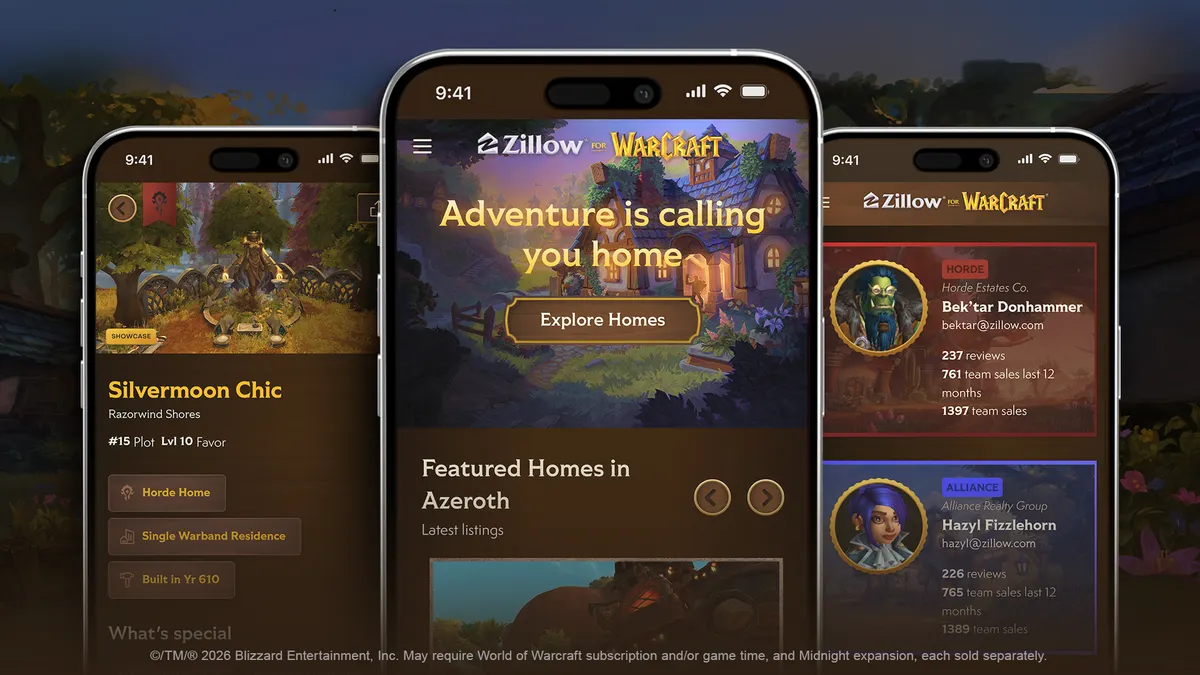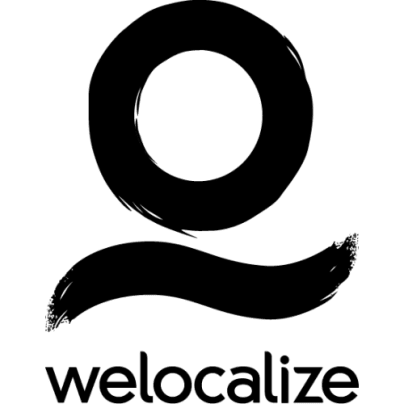The Urban Outfitters brand delivered a comparable net sales increase of 12.5% in Q3 fiscal 2026 — up from 4.2% growth in the previous quarter — helping its eponymous parent company notch record sales. The retailer has previously attributed some of its recent gains to how it is authentically engaging consumers — especially the younger ones that make up its target demographic — in more coordinated ways across creative, brand and performance media. In addition to sales and customer growth, the retailer reports its brand affinity and unaided brand awareness metrics are also on the upswing.
“From a marketing perspective, we're extremely excited about the progress the team is making,” Shea Jensen, president of the brand in North America, said on an earnings call in August. “More young customers are being welcomed into the brand through the team's compelling creative, culturally relevant conversations and exciting collaborations with brands our customers know and want.”
To that last point, Urban Outfitters partners with other brands — from retailers like Nike to restaurant chains including Chipotle — to find white space in Gen Z consumer needs. These collaborations and marketing activations begin with deep consumer insights, explained Cyntia Leo, the brand’s head of marketing.
“We think about partnerships as a way of being in service to our community and to our customer, not just for hype and collaboration. We love hype, we think it's so exciting. But for us, we really like to partner and collaborate with a purpose in mind,” the executive said.
Seasonal needs
For the youth-focused retailer, the new year starts in September around back-to-school season, continues through the holidays and into an active spring. Its marketing calendar focuses on key consumer moments and occasions, from moving in and out of dorms through gift giving to spring break and music festival season.
For example, the brand’s UO Haul campaign launched in May focused on the moving process and included a scavenger hunt, a partnership with U-Haul and a concert by Katseye — the girl group who went on to drive viral success for competitor Gap. The effort continued over the summer with an HGTV-sponsored dorm makeover contest and culminated with its first annual UO Haul Sale in July.
“For back to school, we aren't experts in moving. We thought U-Haul would be a great partner for us to bring [something to] that really tremendous, awful time period of trying to move all your stuff and dealing with all that,” Leo said of the effort.
In the fall, Urban Outfitters teamed with Dunkin’ for a capsule collection, a “100 Days of Coffee” giveaway and an experiential activation in Boston, tapping into love for both brands as well as what Urban Outfitters says is Gen Z’s favorite sweet treat. The retailer also continued its long-running partnership with Tinashe for a dance-inspired collection that was first announced last year in the wake of the musician’s viral hit “Nasty.”
“Tinashe is so authentic in that dance world, and we see dance as another great space that our community loves us to be a part of — Urban Outfitters is a destination for a lot of dancers,” Leo said. “It was an incredible opportunity to come together to build a line that really services both our customers and Tinashe’s amazing community.”
For the crucial holiday period, Urban Outfitters is focused on the Gen Z consumers who are reshaping the season, including by leveraging internal research like the finding that 54% of college-aged customers prefer to use wish lists and presentations to share holiday gifting ideas. This insight drove a partnership with online design platform Canva for design templates. The brand also uncovered some of the cohort’s emotional desires that informed its experiential strategy.
“More than ever, they want to feel connection, they want to be with their community and they're celebrating different traditions,” Leo explained. “How can we energize and fuel their needs?”
Purpose and measurement
The brand’s holiday push includes six social-impact partners that it will support via in-store donations through January: Altadena Girls, Active Minds, Creatives Want Change, GLSEN, BlackStar Projects and Asian Arts Initiative. Those partnerships demonstrate that, while purpose-driven and inclusive marketing have taken a backseat on the brand landscape, they can still be crucial for connecting with Gen Z.
“We have a 365-day, always-on offense from a social-impact perspective,” Leo said. “We are working with [these organizations] all year round. We're supporting their events, we're sending products, we are doing cash-wrap donations with them, we are also giving back. It is just part of our ethos.”
As with every marketing strategy — from TV ads to creator content — measurement of Urban Outfitters’ partnership activations is crucial, especially as CMOs face increased pressure from other parts of the C-suite to demonstrate results and ROI. For the retailer, impressions and engagement are key KPIs.
“We don't want to be the brand that just interrupts our customer’s life. We want to part of their life in a relevant and helpful way,” Leo said. “[We’re] thinking about how they engage with us, making sure that we are helping them in some way, making sure that we're providing a service, and then really showing up for them.”


